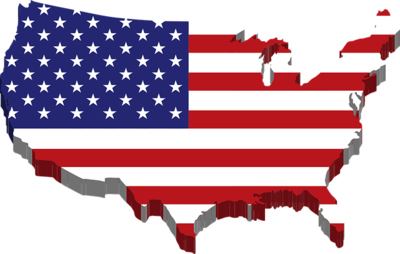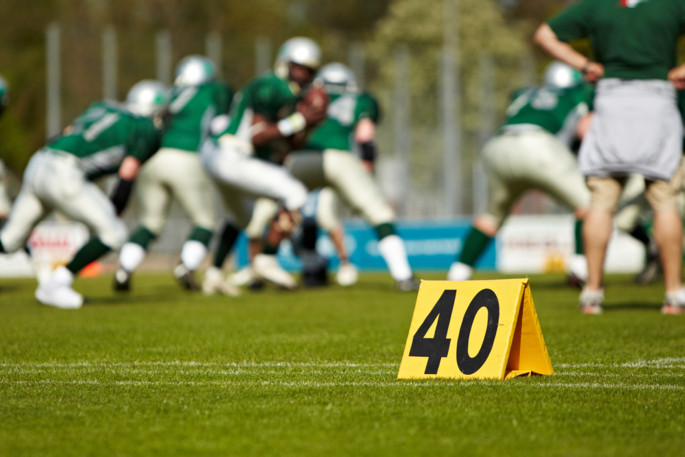 It’s a day that many prospective punters in the USA, and many bookmakers for that matter, have been waiting for: the Supreme Court has overturned the ban on sports betting in the country, meaning that Americans will be able to place their bets legally in a number of states within months.
It’s a day that many prospective punters in the USA, and many bookmakers for that matter, have been waiting for: the Supreme Court has overturned the ban on sports betting in the country, meaning that Americans will be able to place their bets legally in a number of states within months.
The landmark ruling overturns a federal ban on sports gambling that has existed since 1992 outside of licensed premises in Nevada.
Many groups are opposed to the move, but Justice Samuel Alito, on behalf of the Supreme Court, said that they had a duty to act on any matter that was contrary to the US Constitution.
“The legalisation of sports gambling requires an important policy choice, but the choice is not ours to make,” he said.
“Congress can regulate sports gambling directly, but if it elects not to do so, each state is free to act on its own.”
What They Said
 There was naturally lots of positivity about the move, with sports betting in the US likely to create thousands of jobs and generate millions of dollars in tax revenue.
There was naturally lots of positivity about the move, with sports betting in the US likely to create thousands of jobs and generate millions of dollars in tax revenue.
“Today’s decision clears the way for all states to make their own decisions about legalising sports betting, and in one fell swoop gets rid of Nevada’s monopoly on the subject and the 1992 federal statute that had protected it.” Those were the words of CNN’s Supreme Court analyst Steve Vladeck.
“The question now is whether Congress will leave the states to make their own choices or will now try to enact some kind of federal regulation of sports betting.”
Many of America’s leading sporting institutions, including Major League Baseball (MLB), the National Basketball Association (NBA) and the National Football League (NFL), are opposed to the legalisation of sports wagering, although the MLB released a statement on their website which read: “Our most important priority is protecting the integrity of our games.”
“We will continue to support legislation that creates air-tight coordination and partnerships between the state, the casino operators and the governing bodies in sports toward that goal.”
So What Happens Next?
The decision from the Supreme Court supersedes the Professional and Amateur Sports Protection Act (PASPA) of 1992, which was brought in to protect athletes and ensure sport in the US remained free of corruption.

But illegal gambling, including betting rings allegedly ran by Mafia members, are costing the US millions in lost taxation.
Yesterday’s decision will enable individual states to make their own laws regarding the legality of sports betting, and allow vast swathes of America to follow in the footsteps of Nevada, Delaware and Oregon, where sports betting is already legal.
The bigger picture is that gambling is likely to be introduced in a number of states which have already gone through the necessary process of bureaucracy and red tape: New Jersey, who were the chief architects of the Supreme Court bid, and West Virginia are the likely first to blaze a trail.
They could be followed in the near future by a number of states where sports betting legislature is still ‘in session’, i.e. being discussed by the necessary parties. These include New York, California and Michigan.
Chris Grove, a legal expert in sports betting, told USA Today that “….the largest group of states will wait until 2019 because they are out of session or almost out of session. That might seem strange because it’s so early in this year, but that’s how the political work calendar works.”
